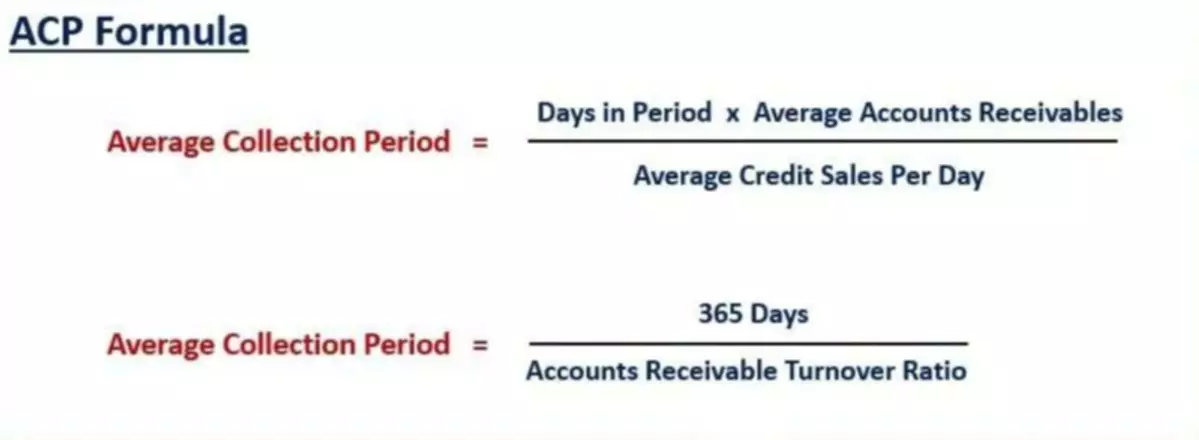Content

Businesses that have more complex financial transactions usually choose to use the double-entry accounting process. Handwriting the many transactions into journals, rewriting the amounts in https://www.bookstime.com/articles/accruals-and-deferrals the accounts, and manually calculating the account balances would likely result in some incorrect amounts. To determine whether errors had occurred, the bookkeeper prepared a trial balance.
Do accountants use bookkeeping?
Accountants use bookkeeping records to assess big-picture finances and make smart business decisions. They also provide insights about the company's overall financial health to business owners and other stakeholders. In general, an accountant's role requires higher expertise and education.
You may need an accountant to help with less routine tasks, such as preparing periodic adjusting entries, financial statements, closing entries and income tax returns, or helping you prepare a budget. You may also decide to have your accountant set up your books when you first open your business. It helps to find an accountant who’s familiar with, and a fan of, the software you prefer.
The Dissimilarities between Bookkeepers and Accountants
Accountants use bookkeeping records to assess big-picture finances and make smart business decisions. They also provide insights about the company’s overall financial health to business owners and other stakeholders. Bookkeepers handle the day-to-day tasks of recording financial transactions, while accountants provide insight and analysis of that data and generate accounting reports. Bookkeeping and accounting are two functions which are extremely important for every business organization. Learn about the essential numerical skills required for accounting and bookkeeping. This free course, Introduction to bookkeeping and accounting, explains the fundamental rules of double-entry bookkeeping and how they are used to produce the balance sheet and the profit and loss account.

Equity is the investment a business owner, and any other investors, have in the firm. The equity accounts include all the claims outsourced bookkeeping services the owners have against the company. The business owner has an investment, and it may be the only investment in the firm.
Advantages of a bookkeeper
The chart of accounts may change over time as the business grows and changes. To make the topic of Bookkeeping even easier to understand, we created a collection of premium materials called AccountingCoach PRO. Our PRO users get lifetime access to our bookkeeping video training, cheat sheet, flashcards, quick test, tests for prospective employees, guide to bookkeeping concepts, and more. The bookkeeper should be able to answer all questions about daily finances and the status of payments.
- The data you collect can help you decide whether to adjust your business’s budget, reevaluate how you allocate cash flow, and more.
- The advantage of hourly pay is you receive 1.5 times your average wage for hours worked more than 40 per week.
- As an accountant, you may have to crunch numbers, but those are not the only skills needed.
- Other small businesses hire a bookkeeper or employ a small accounting department with data entry clerks reporting to the bookkeeper.
- If you’re not tracking daily expenses, you’ll have very little information to give to your accountant and they won’t be able to make informed decisions.
